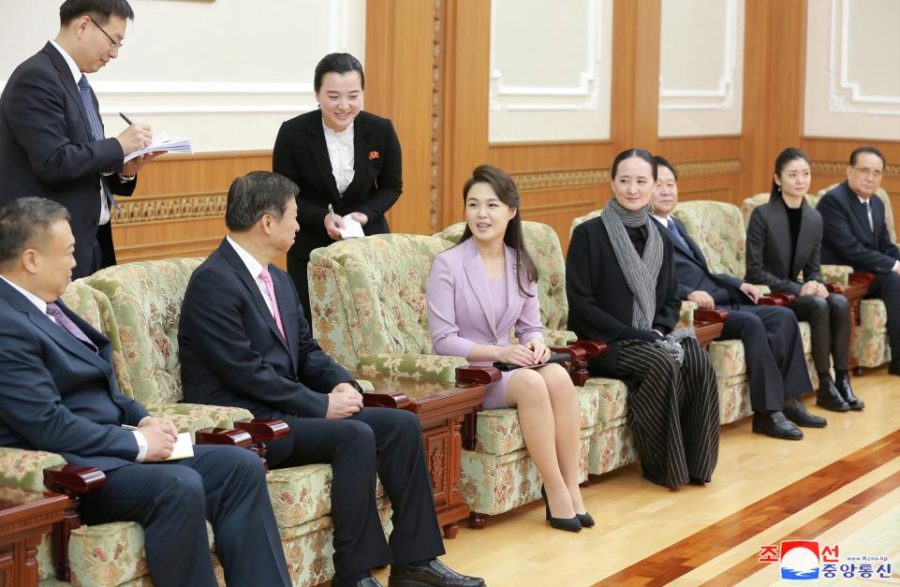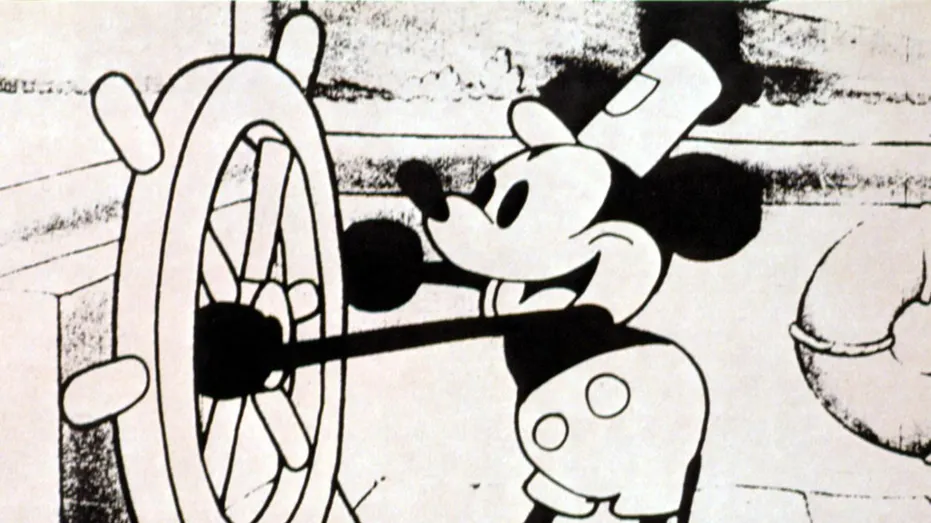Ri Sol-ju: who is she and why does she matter?
April 27, 2018
Ri Sol-ju, wife of North Korean leader Kim Jong Un, was recently addressed with the new title “respected First Lady” as opposed to her previous title of “comrade” in a report by the Korean Central News Agency (KNCA) that covered her appearance at a ballet performance by the National Ballet of China. Although this one instance of being afforded this more revered title may seem insignificant, the ramifications of this may potentially create a shift in North Korea’s dynamic, as there are very few instances where every aspect of media in this regime is not strictly controlled and regulated.
Korea’s society is different from that of America’s, in that there are specific honorifics given to certain people who are deemed to be more powerful, significant, older, and respected. These honorifics are taken seriously as this culture values respect as one of its core fundamentals. The title “respected First Lady” is paired with an honorific that is typically utilized to describe a highly respected member of society, typically reserved for Kim Il Sung, Kim Jong Il and Kim Jong Un until now. This signifies that the North Korean government acknowledged her position of power and placed her on the same platform of power given to these dictators, who are infamous for their misuse of their abundance of authority.
There are several reasons as to why Ri’s elevated status marks an important point for North Korea. She is the first wife of that county’s dictators since the 1970s who has been awarded this honorific, ending the nearly fifty years of a strict man ruled regime. This is a turning point for women citizens as well, as women are slowly being given more respect and authority in a heavily secluded and conservative part of the world. She may symbolize the start of a gradual turn to progressiveness away from deeply rooted misogyny.
As stated before, there are very few events and reports that get broadcast in North Korea without heavy inspection and scrutiny, as this country bases their control of the population on their heavily regulated propaganda. Therefore, the KCNA’s addressing Ri as “revered First Lady” could not have been a mere mistake produced by the agency. There may have very well been ulterior motives behind this simple honorific. It is possible that through this, the traditional opinion of this country by others may change and begin to view North Korea in a more positive light. Perhaps the government wishes to seem more progressive and it utilizing Ri in order to do so. Whatever the reason behind their actions may be, the ultimate outcomes of this event are yet to be anticipated.











